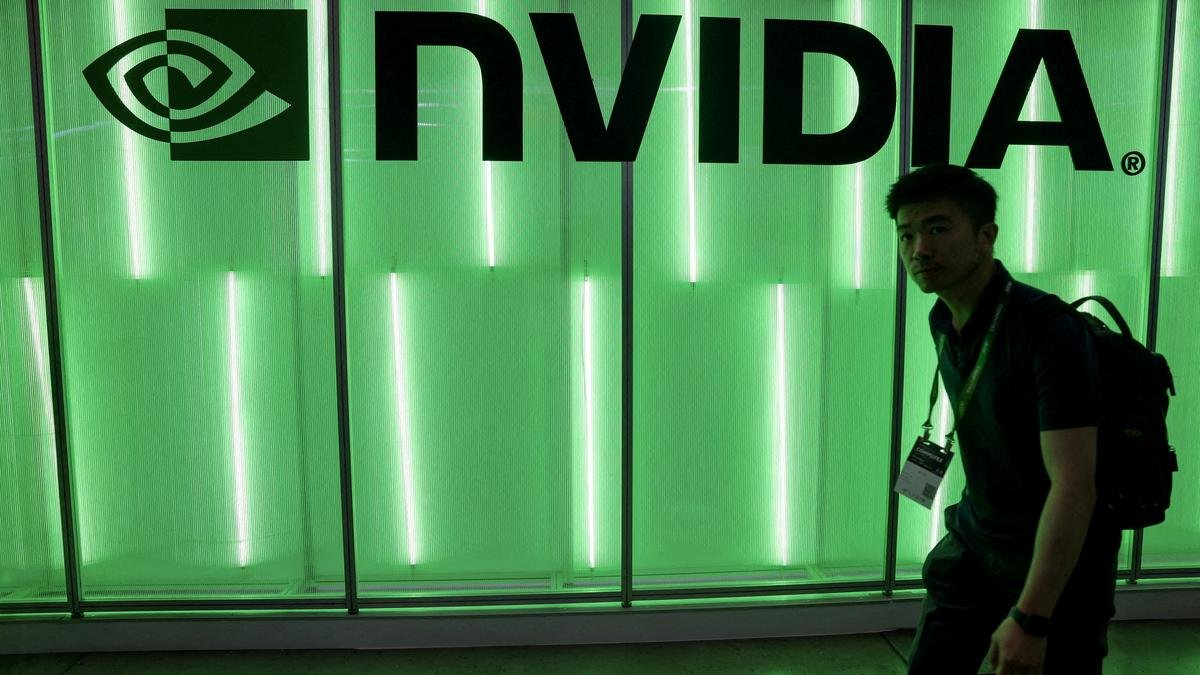Nvidia’s shares plunged 9.5% on Tuesday, wiping out $279 billion in market value—the largest single-day loss for a U.S. company—amid a broader market selloff fueled by cooling investor enthusiasm for artificial intelligence (AI). The drop reflects growing caution among investors about the near-term payoff of significant AI investments, a sentiment that has affected major tech stocks across the board.
The PHLX Semiconductor Index fell 7.75%, marking its steepest one-day decline since 2020. Nvidia’s stock, which has been a key driver of this year’s stock market rally, had tripled at its July peak but is now up 118% for the year. Tuesday’s loss followed Nvidia’s quarterly forecast last week, which, while strong, failed to meet the lofty expectations of investors betting on the AI revolution.
Todd Sohn, an ETF strategist at Strategas Securities, noted, “A massive amount of capital has been funneled into tech and semiconductors in the past year, leading to an imbalance in the market.”
Other chipmakers also felt the impact. Intel dropped nearly 9% after reports that CEO Pat Gelsinger and top executives plan to propose cuts in non-essential businesses and revamp capital expenditures. Meanwhile, shares of other AI-heavy companies, including Microsoft and Alphabet, have seen dips following earnings reports that didn’t fully reassure investors about the potential returns on their AI-related investments.
Despite the recent pullback, Nvidia’s stock remains highly valued, trading at 34 times expected earnings—down from over 40 times in June but still aligned with its two-year average. BlackRock strategists, in a client note, urged caution, stating, “While AI is a transformative technology, investors must carefully assess whether the massive capital expenditures in AI will ultimately deliver the anticipated returns.”
Broadcom, another chipmaker benefiting from the AI boom, saw its shares drop 6.2% ahead of its quarterly earnings report. As the chip sector faces heightened scrutiny, Nvidia’s record loss surpassed the $232 billion drop in Meta’s value in 2022, signaling increased market volatility surrounding high-tech and AI-driven stocks.
Investors are also closely watching for economic data, particularly Friday’s government payrolls report, which could further influence market sentiment ahead of the Federal Reserve’s interest rate decision in mid-September.
READ MORE:
